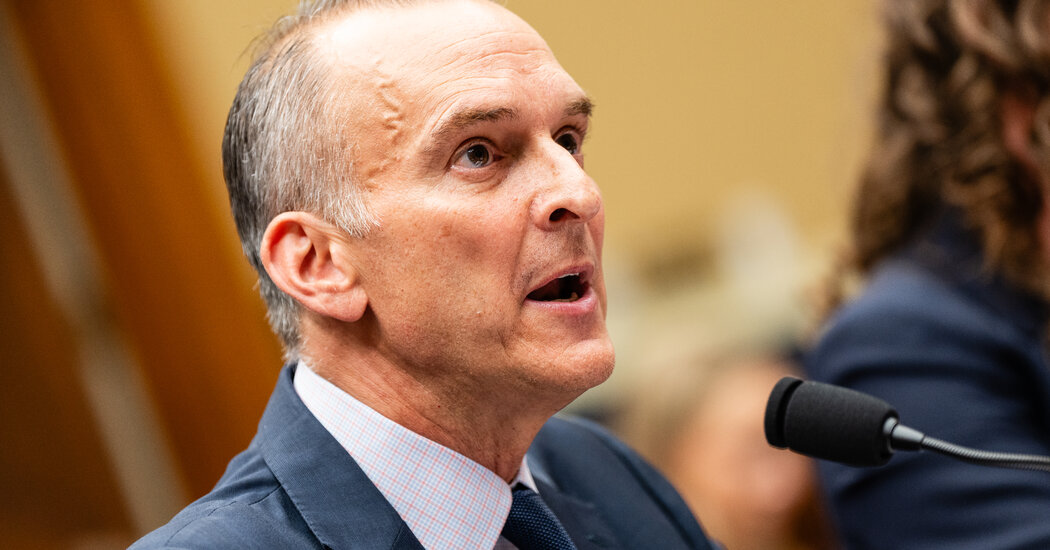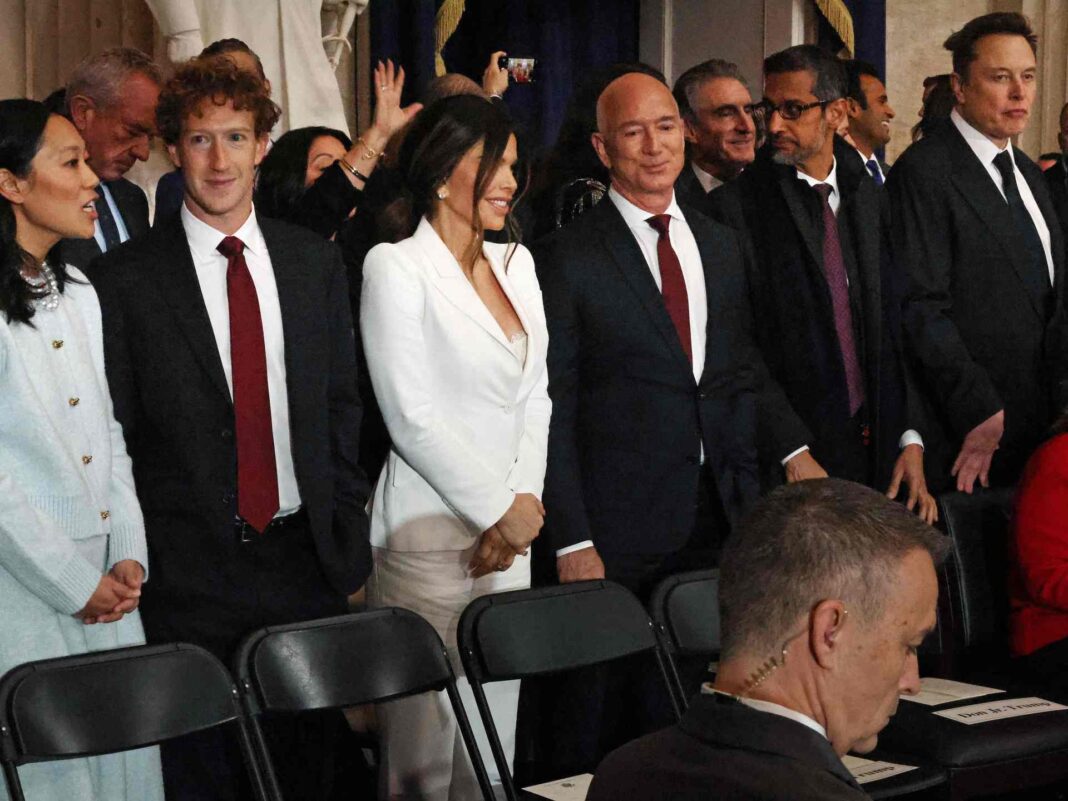The World Anti-Doping Agency has dropped a defamation lawsuit against its American counterpart, a major retreat for the agency after nearly a year of escalating conflict over its handling of positive tests for a banned drug by 23 elite Chinese swimmers.
The decision by the agency — known by its acronym, WADA — to drop the suit it had filed in a Swiss court came months after it angrily reacted to comments from Travis T. Tygart, the leader of the U.S. Anti-Doping Agency. Mr. Tygart accused WADA of covering up the tests after The New York Times revealed details of how swimmers in China were found to have had a banned heart drug in their systems at a competition just months before the Tokyo Olympics.
That revelation led to anger and recrimination among athletes and antidoping regulators around the world, including a deep rupture in an already strained relationship between WADA and the United States. The United States had contributed more than any other country to WADA’s budget, but withdrew its funding over doubts that WADA’s leadership was up to the task of keeping sports clean.
On top of walking away from the defamation suit, WADA also retreated on another matter: It dropped an ethics case against Dr. Rahul Gupta, who represented the United States on WADA’s executive board during the Biden administration.
A WADA official had claimed that Dr. Gupta, who had been the drug czar in the Biden White House, had failed to disclose to the agency what he knew about a Justice Department investigation into how the tests of the Chinese swimmers were handled. Dr. Gupta has said he knew nothing about the investigation, which is being run by the U.S. attorney’s office in Boston.
“The dismissal of the unauthorized and baseless lawsuit against USADA and the ethics complaint against the White House is complete vindication for us both,” the U.S. Anti-Doping Agency said in a statement.
“WADA’s actions were nothing more than retaliatory, wasteful and abusive attempts to suppress the truth and the voice of those seeking answers to why WADA allowed China to blatantly disregard the rules for 23 elite swimmers who tested positive,” the statement said.
In a statement, WADA attacked Mr. Tygart, insisted that it had done nothing wrong in how it handled the positive tests and did not provide specifics for why it was walking away from the suit.
“In the interest of moving on and focusing our efforts on strengthening the global antidoping system that the community has worked hard to build together over 25 years, WADA has made the decision to withdraw the lawsuit against Mr. Tygart and USADA,” the World Anti-Doping Agency said. “The lawsuit was only ever about protecting WADA’s reputation (indeed, no financial compensation was sought).”
WADA had opened its ethics investigation into Dr. Gupta in July after receiving an anonymous complaint against him, which U.S. officials believe was filed by a senior WADA official. Mette Hartlev, chairman of the agency’s independent ethics board, wrote Dr. Gupta on Jan. 30 to tell him the matter had been closed, according to a document reviewed by The Times.
The World Anti-Doping Agency’s Swiss lawyers wrote to lawyers representing Mr. Tygart and the U.S. Anti-Doping Agency a week later to say the defamation case had been dropped. The WADA lawyers wrote that the turnabout was because WADA’s “sole goal” of protecting its reputation had “been achieved through non-procedural means,” without providing details.
WADA’s secretary general, Olivier Niggli, confirmed that the agency had dropped the lawsuit in a letter to members of its executive board. The letter was first reported by Honest Sport, an online publication focusing on sports integrity.
“While we remain convinced that the lawsuit would be successful on its merits, we have determined that it is futile to argue with somebody who is unwilling to accept clear evidence, whose only goal is to damage WADA and the global antidoping system,” the letter said.
Dr. Gupta had a different interpretation.
WADA’s decision to drop its claims, he said in emailed comments to The Times, “clearly demonstrate the meritless and politically motivated claims that WADA leaders attempted to pursue against the United States.”
Some of the Chinese swimmers who had tested positive went on to win medals, including golds, at the Tokyo Olympics. After the revelation about the earlier positive tests and WADA’s decision not to impose any sanctions on the swimmers, Congress sought testimony from antidoping officials. A Justice Department investigation has for months rattled sports and antidoping officials around the world.
The United States, through Dr. Gupta, had been asking WADA to undertake an independent audit of its operations in light of the Chinese cases. WADA has resisted and, according to Dr. Gupta, retaliated against the United States.
“These actions are not only damaging to the integrity of global antidoping efforts but demonstrate a clear example of why reform of WADA is urgently needed,” he said.
The tension ratcheted up before a meeting of the WADA board in Riyadh, Saudi Arabia, in December. Dr. Gupta had demanded before the meeting that the agency submit to the audit and also drop the defamation lawsuit against American antidoping authorities, who have repeatedly accused WADA of covering up the failed Chinese tests, if it wanted to keep receiving United States funding.
WADA countered by saying there would be consequences — including harm to U.S. efforts to stage international sporting events — should it not make the payments. The Americans have continued to withhold the funds. The next Summer Olympics are set to be held in Los Angeles in 2028, two years after the United States hosts the majority of the 2026 soccer World Cup.


